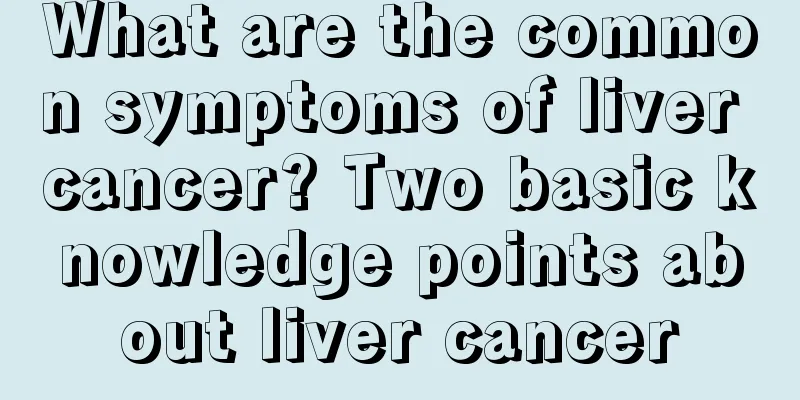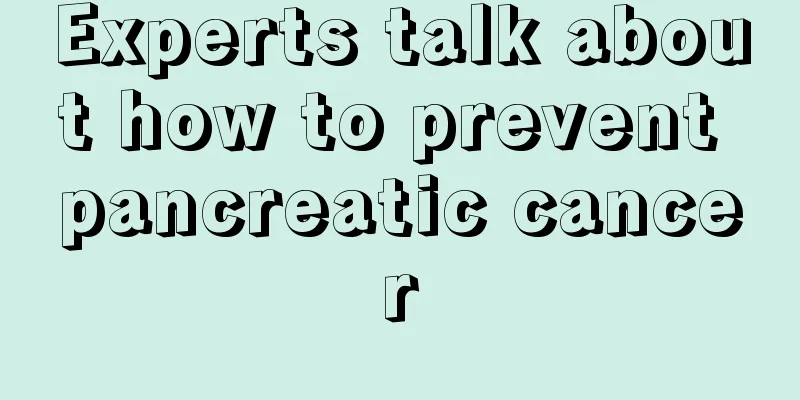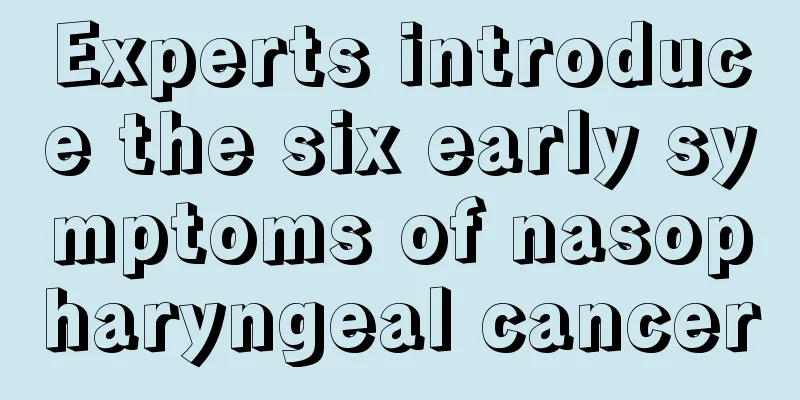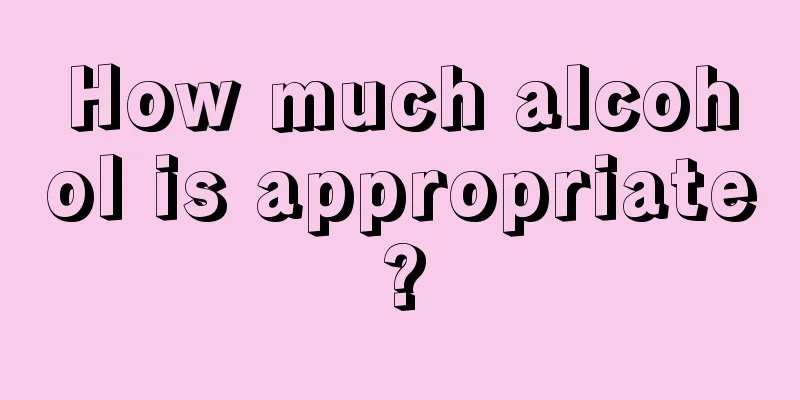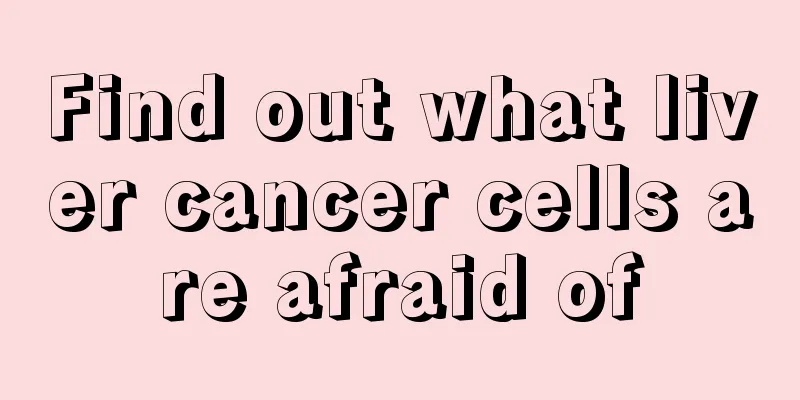What is the best way to treat thyroiditis?

|
Thyroiditis will endanger our health after it occurs, so we must be vigilant in normal times and choose appropriate methods to deal with it. The above mainly divides the more common treatment methods into drug treatment methods. The specific judgment method needs to be selected according to everyone's physical condition. Treatment strategy Patients with mild thyroid enlargement and no symptoms may not be treated but should be followed up and observed. During treatment with corticosteroids, thyroid radioactive iodine uptake returned to normal and treatment was discontinued. Drug treatment 1. Patients with mild thyroid enlargement and no symptoms of Hashimoto's thyroiditis do not need to be treated, but should be followed up and observed. When the thyroid gland is significantly enlarged or there is hypothyroidism, thyroid preparations should be given for treatment even if only serum TSH is elevated. If the thyroid gland enlarges rapidly or is accompanied by pain or compression symptoms, short-term glucocorticoid treatment can be used. Hashimoto's hyperthyroidism should be treated with low-dose antithyroid drugs, and 131 iodine and surgery are generally not used to avoid severe hypothyroidism. 2. Subacute thyroiditis is mainly treated symptomatically to reduce inflammatory response and relieve pain. Mild cases do not require treatment. For those with obvious symptoms, acetylsalicylic acid, nonsteroidal anti-inflammatory drugs, etc. can be used to relieve the symptoms. For more severe and prolonged cases, corticosteroids are recommended, and all symptoms will disappear within 24 to 48 hours. When thyroid radioiodine uptake returns to normal, treatment is terminated. Patients with obvious symptoms of thyrotoxicosis can use beta-blockers and do not need antithyroid drugs. When permanent hypothyroidism occurs, long-term replacement therapy is required. 3. Painless thyroiditis: Symptomatic treatment is generally given in the thyrotoxic stage. β-blockers are used to alleviate thyrotoxicosis. Routine use of glucocorticoids is not required, and antithyroid drugs and radioactive iodine treatment should be avoided. Persistent hypothyroidism can be treated with thyroid hormone replacement therapy, and most patients can return to normal. The thyroid hormone dose needs to be adjusted until it is discontinued. 4. For postpartum thyroiditis and severe hyperthyroidism symptoms, symptomatic treatment such as beta-receptor blockers can be given, and there is no need to use antithyroid drugs. When serum TSH is less than 10mIU/L during the hypothyroidism stage, thyroid hormone replacement therapy is not required and the patient can recover on his own. TSH should be monitored annually thereafter, and if hypothyroidism occurs, it should be treated promptly. Prognosis After the acute phase of postpartum thyroiditis, half of the patients still have goiter, the anti-thyroid antibody titer is still high, TSH overreacts to the TRH test, and the risk of recurrence of postpartum thyroiditis after the next delivery is 25% to 40%. |
<<: How to tell if you have hemorrhoids?
>>: How many years can you live after meningioma surgery?
Recommend
Relaxation therapy should be done like this
People nowadays live a fast-paced life and are un...
How long does it take to see the embryo during pregnancy?
Under normal circumstances, the embryo will appea...
Can the mole at the corner of the eye be removed
The moles at the corners of the eyes can be remov...
What is the reason for hair loss on the top of the head? So that's how it is
Hair loss usually indicates some minor problems w...
What are the effects and functions of yellow hair crystal
Many people may not be very clear about yellow ha...
What tests are done to diagnose early lung cancer
Early stage lung cancer is a hidden disease, and ...
How much do you know about osteosarcoma
How much do you know about osteosarcoma? Osteosar...
Trauma hemostatic medicine
There are always bumps and bruises in daily life,...
Can breast milk be dripped into the eyes
The ophthalmologist told us that breast milk has ...
How to prevent the harm caused by colorectal cancer
With the improvement of people's living stand...
Is burning pain in the calf caused by phlebitis?
If you experience a burning pain in your calf, yo...
Does the bigger the fist, the longer the life?
Let me first tell you about an interesting phenom...
Dietary precautions for patients with osteosarcoma
Osteosarcoma is relatively rare in clinical pract...
How much does chemotherapy for gastric cancer cost?
Gastric cancer is a very common malignant tumor i...
The symptoms of rotavirus enteritis are like this
Rotavirus enteritis is a common type of enteritis...

